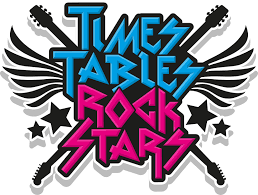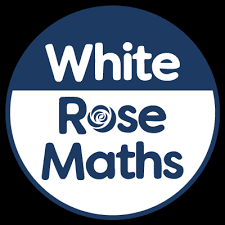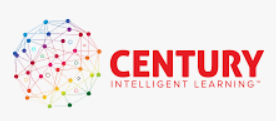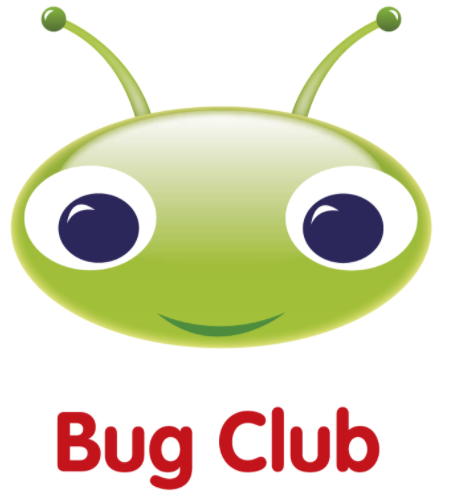


As a school, we have focused on effective learning behaviours as this encompasses all learning and practitioners working together. A focus on positive learning behaviour supports our vision for all children in school that have clear and consistent classroom routines and effective classroom management which engages all the children an supports and challenges them accordingly. It also supports our view that all learning routines need to be consistent in all classrooms and all subject areas. Part of our emphasis has been to create curious learners who are engaged and inspired to achieve their full potential. By adapted our leaning behaviours, towards being more resilient and independent, it has contributed to encourage self-reflection.
Our vision has been to have clear explicit instructions in metacognitive strategies by activating, explaining, practicing, reflecting, reviewing and incorporating guided and independent practice across the whole school. Challenge is crucial with scaffolds where appropriate as well as promoting metacognitive self-talk- modelled by the teacher whilst verbalising thinking. We have encouraged all children to be articulate and be able to have purposeful pupil to pupil talk which supports and promotes learning.
Piajet (Thinking Strategies)
Kagan Learning
Throughout the school one of the approaches to engage and encourage all pupils is the use of collaborative interaction. Collaboration, through Kagan, is used to boost pupil’s confidence and help communication. It promotes cooperation and maintains interest in classroom interaction.
Using collaboration not only engages pupils but also extends and challenges pupils. Pupils are challenged as they are sat in mixed ability groups. The mixed ability groupings work by extending the lower ability children as they are sat with middle ability pupils. The higher children are sat by middle children.
Classroom management is characterised by highly collaborative and respectful relationships. Kagan is used across all classrooms and all year groups. The use of Kagan supports collaborative work as all children are expected to work together and have equal responsibility within their group.
The PIES principles are:
Positive Interdependence – Does the task require pupils to work together? Are pupils on the same side?
Individual Accountability – Is individual, active performance required?
Equal Participation – Is participation approximately equal?
Simultaneous Interaction – What percent of children are overtly interacting at once?
Class Dojo
Classroom is where teachers and students build their classroom culture. They choose skills and values – things like creativity or teamwork – and share feedback on progress with each other.
Outdoor Provision
Children will experience outdoor learning in the Solar Dome, providing an immersive experience outside the classroom.









